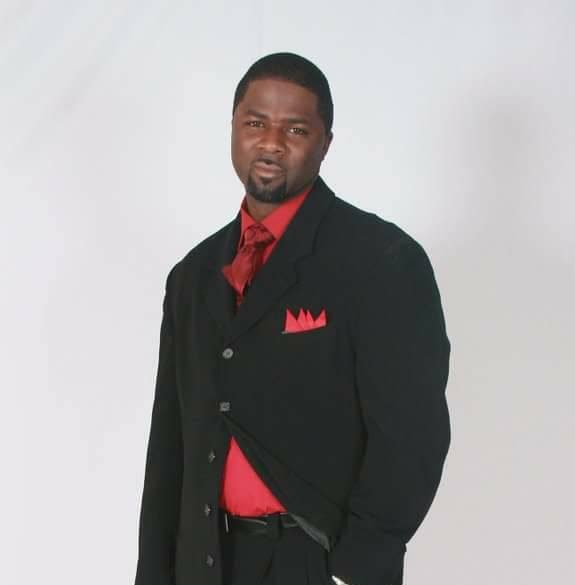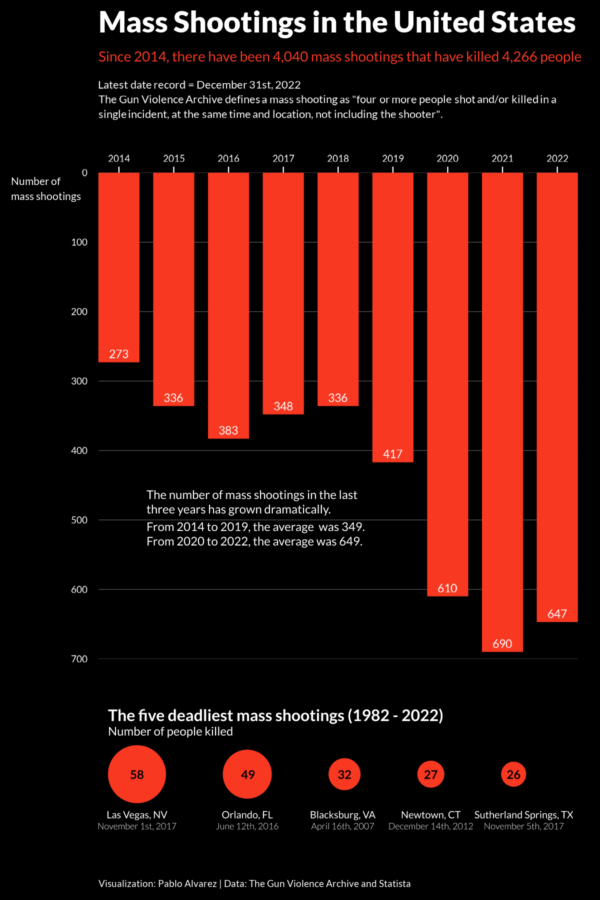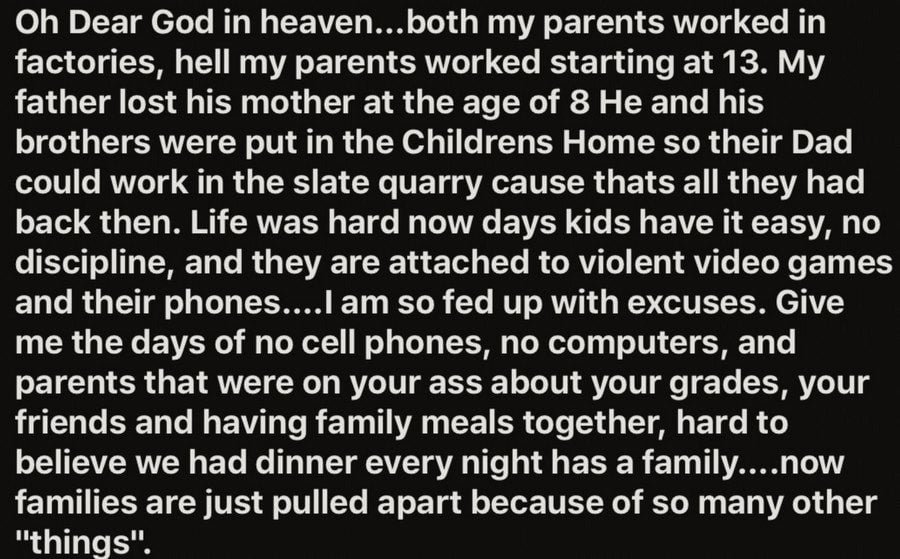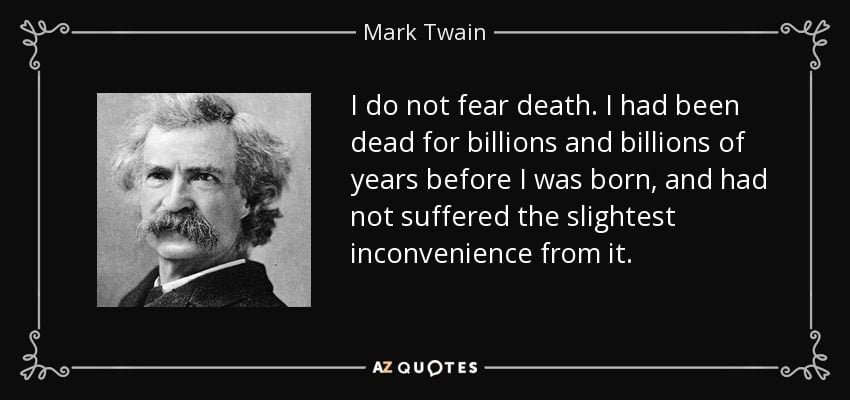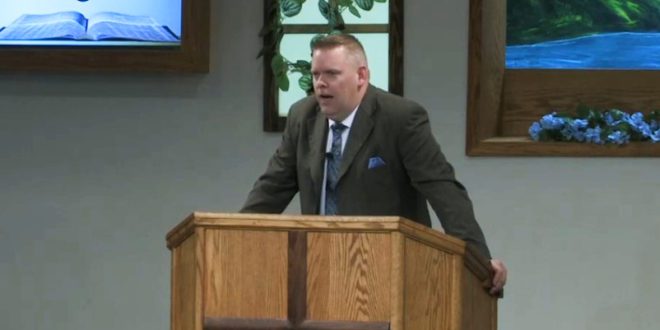
The Black Collar Crime Series relies on public news stories and publicly available information for its content. If any incorrect information is found, please contact Bruce Gerencser. Nothing in this post should be construed as an accusation of guilt. Those accused of crimes are innocent until proven guilty.
In 2020, Courtney Bingham, a youth leader at Bethany Baptist Church in Loudon, Tennessee, pleaded guilty to four counts of aggravated statutory rape and one count of solicitation of a minor to commit statutory rape by an authority figure. She was sentenced to twelve years in prison.
The News-Herald reported at the time:
Courtney Michelle Bingham, 36, pleaded guilty in Loudon County Criminal Court to four counts of aggravated statutory rape and one count of solicitation of a minor to commit statutory rape by an authority figure stemming from her arrest in December 2018.
According to a news release from Russell Johnson, 9th Judicial District attorney general, Bingham will serve a 12-year sentence in Tennessee Department of Corrections custody at a minimum of 35 percent before she is eligible for parole. She will also be on the sex offender registry for life and subject to monitoring, including internet activities.
As part of the agreement, Bingham admitted having sex with the minor on at least four occasions. She said she knew he was a minor, and that she was at least 10 years older. In addition, she admitted she was in a “position of trust” as a youth leader when she “solicited him for sex via digital communication,” according to the release.
“This case has generated tremendous community interest because of the nature of the charges and the fact that it has caused considerable ‘disruption’ at the suspect’s and victim’s church,” Johnson said in a release. “We are glad to get this resolved with the defendant admitting her wrongdoing. Hopefully, this outcome will serve as a cautionary tale for others who are tempted to find themselves in similar situations. Part of the reason for pressing this case to trial, which resulted in what I consider to be a significant result for the state, was the difference in ages between the defendant and victim, the defendant’s position of trust in the church and her prior multiple felony criminal history.”
A report from then Loudon County Sheriff’s Office Sgt. Jason Smith, who is now with Lenoir City Police Department, noted Bingham met the teen at church. The boy claimed they had sex at her residence.
The teen noted he had multiple pornographic images from Bingham on his phone that were sent from her. Most appeared to have been taken by Bingham, according to Smith’s report.
“It took some time to complete the investigation, the analysis of the victim’s phone, interviews, looking at church records relative to Bingham’s ‘supervisory’ position with any of the youth, etc.,” Russell said Monday morning. “Then she was indicted on 32 counts, some of which were alternative counts. We had tried, unsuccessfully, to resolve it at General Sessions Court on the single charge on which she was arrested. Therefore she was indicted on the 32 separate counts at grand jury. The case was finally resolved on five felony counts of the 32.”
Bingham was scheduled for trial Tuesday but accepted the plea before Criminal Court Judge Jeffrey Wicks.
After her conviction, Bingham was investigated for forgery. No outcome is available at this time.
Bruce Gerencser, 66, lives in rural Northwest Ohio with his wife of 45 years. He and his wife have six grown children and thirteen grandchildren. Bruce pastored Evangelical churches for twenty-five years in Ohio, Texas, and Michigan. Bruce left the ministry in 2005, and in 2008 he left Christianity. Bruce is now a humanist and an atheist.
Connect with me on social media:
Your comments are welcome and appreciated. All first-time comments are moderated. Please read the commenting rules before commenting.
You can email Bruce via the Contact Form.

